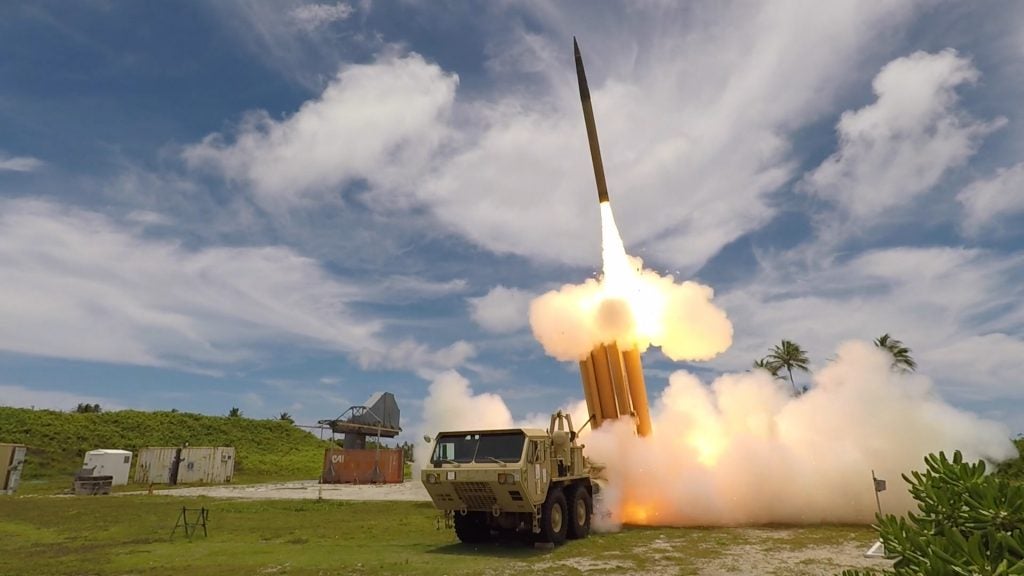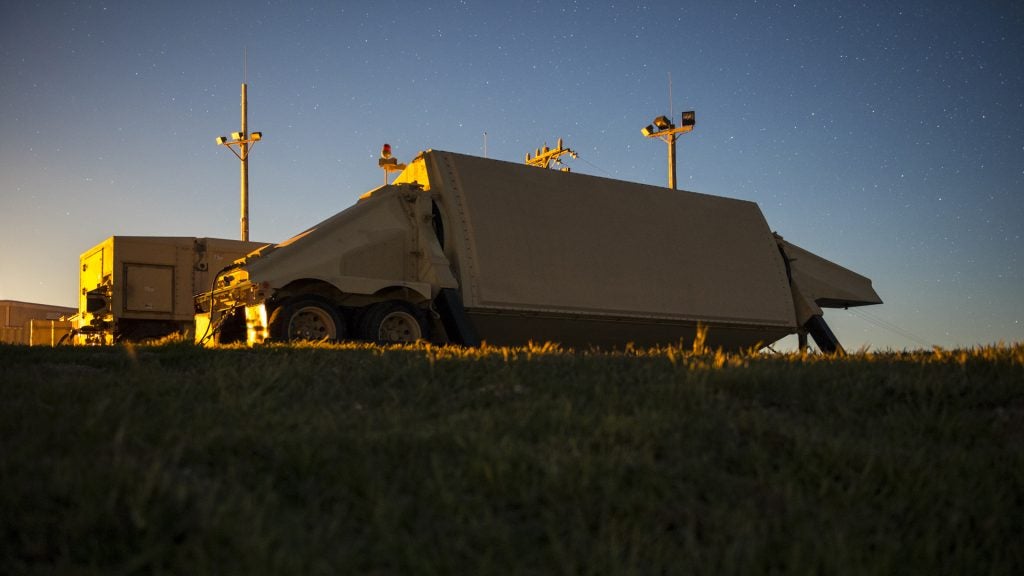Saudi Arabia Signs $2.3 Billion Contract for THAAD Radar
For a whopping $2.3 billion Saudi Arabia has inked the deal to purchase seven AN/TPY-2 radars from Raytheon for their THAAD ballistic missile defense system. These radars will be the first of the type to incorporate Gallium Nitride (GaN) technology from the factory which enhances detection range and target discrimination. The US military intends to retrofit its existing radars with GaN modules but has not specified a timeline for this. As it stands it would appear Saudi Arabia (KSA) will get their system before the US military meaning for a brief period their AN/TPY-2s will be more capable than American owned systems. The ballistic missile threat posed by Iran justifies the need for such capability and the disproportional investment in THAAD by the Saudis can be seen in the fleet size. Between the US Army and the Missile Defense Agency, there are 12 American TPY-2s with 7 being based in the US and 5 at forward bases. The only other operator of the type is Saudi Arabia’s close ally the UAE. With the KSA purchasing 7 that means there will be more THAAD radars on the Arabian Peninsula than in the United States. Such is the threat of an Iranian ballistic missile attack.

Saudi Arabia was first cleared to procure the THAAD back in 2017 but didn’t sign any major contracts until 2019. Over the course of that year, they signed slightly over $5 billion worth of contracts with Lockheed Martin for interceptors and other components. With the latest contract to Raytheon, that takes the total up to nearly $8 billion, one of the largest foreign military sales in history.
What’s even more interesting is on the same day another contract was signed by Raytheon for a different radar. This contract was comparatively small, a $9 million addition to a $1 billion contract signed back in 2017. It is the recipient that is interesting, Qatar. In a previous article about the Qatari NASAMS buy I mentioned the rivalry that has resulted in an embargo between Qatar and Saudi Arabia that to this day remains. To sign a deal on the same day to both sides of a rivalry is something to note. Albeit they are just radars.

